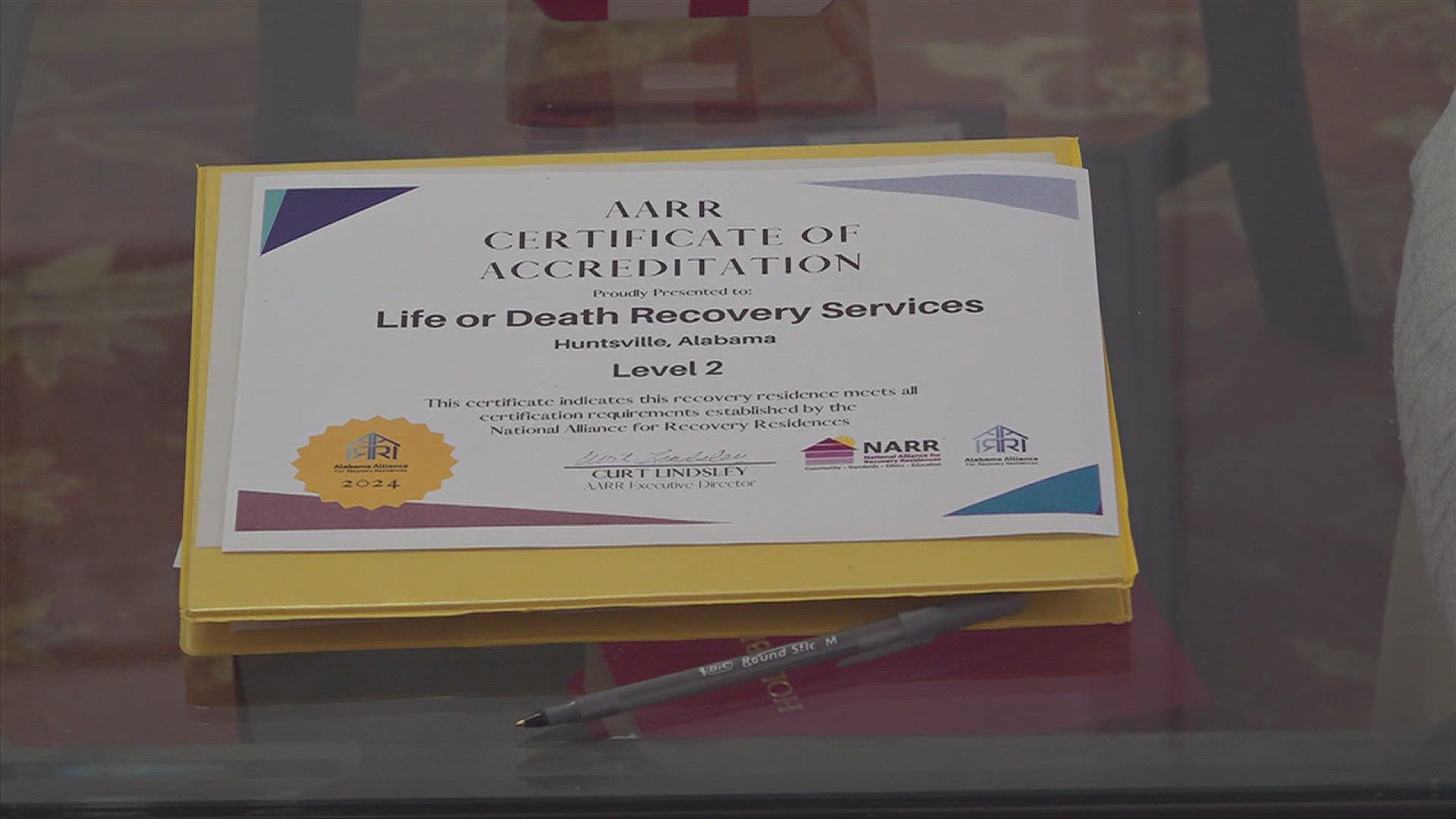MADISON, Ala. — A recent case of tuberculosis found at Bob Jones High School in Madison Alabama has people asking questions about a disease that most only know about from books, tv shows, or movies.
What is tuberculosis?
According to the CDC, tuberculosis (TB) is a disease cause by germs that are spread from person to person through the air. There are two kinds of TB: active and inactive.
RELATED: What is Tuberculosis?
How common is TB?
According to the American Lung Association, up to 13 million people in the US live with inactive TB. This means they are infected with TB germs, but they do not have active TB disease. They do not feel sick, do not have any symptoms, and cannot spread TB to others.
Without treatment, 1 in 10 people with inactive TB will get sick with active TB disease. TB disease can spread to others and be deadly.
In 2022, there were 8,331 cases of TB disease reported in the United States.
What are symptoms of TB?
While popular media has often portrayed TB, or "consumption" as it was once called, as a disease of pale skin and coughing up blood, the actual list of symptoms is longer and more complex.
Symptoms of active TB disease include:
- A cough that lasts three weeks or longer
- Chest pain
- Coughing up blood or sputum (phlegm from deep inside the lungs)
- Weakness or fatigue
- Weight loss
- Loss of appetite
- Chills
- Fever
- Night sweats
The only way to tell is a person has TB is by testing.
Is there a vaccine for TB?
There is, but it's not commonly used in the US, where new cases of TB are very low.
According to the CDC, many people born outside the United States have been given the vaccine, called Bacille Calmette-Guérin (BCG). It is given to infants and small children in countries where TB is common to protect them from getting severe forms of active TB disease, such as TB meningitis. The vaccine's protection weakens over time.
Tell your health care provider if you have received the TB vaccine, especially if you are getting tested for TB infection. The vaccine can cause a false positive TB skin test reaction.
TB blood tests are the preferred tests for people who have received the BCG TB vaccine. Unlike the TB skin test, TB blood tests are not affected by BCG TB vaccination.
Should I get tested for TB?
That depends. The CDC recommends getting tested if you have:
- Symptoms of TB disease
- Spent time with someone who has active TB disease
- Factors that put you at higher risk of developing active TB disease, such as frequent travel to countries where TB is common, current or previous living in large groups setting where the illness is more common, like prisons, jails, or shelters, or working in places where the illness is more likely to spread, like hospitals
- Employment, school, travel, or immigration health screening requirements
How is TB treated?
The CDC says there are several treatment regimens recommended in the United States for TB disease. TB treatment can take 4, 6, or 9 months depending on the regimen.



